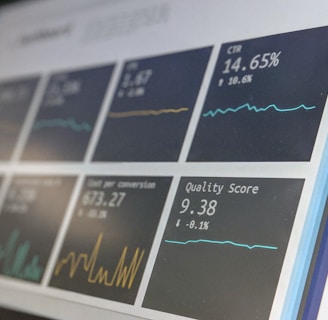AI in Healthcare
Santhosh Kumar E


Introduction
Artificial Intelligence (AI) has emerged as a revolutionary technology with the potential to transform various industries, and healthcare is no exception. The integration of AI in healthcare has paved the way for advanced diagnostic capabilities, personalized treatment plans, and improved patient outcomes. In this blog post, we will explore the significant impact of AI in healthcare and how it is reshaping the landscape of medicine.
Enhanced Medical Diagnostics:
AI algorithms and machine learning models have demonstrated remarkable accuracy in analyzing medical data and assisting healthcare professionals in making more precise diagnoses. AI systems can identify patterns, detect anomalies, and provide valuable insights by analyzing vast amounts of patient data, including medical records, lab results, imaging scans, and genetic information. This enables early detection of diseases, more accurate prognoses, and personalized treatment recommendations.
Precision Medicine:
One of the most promising applications of AI in healthcare is the development of precision medicine. AI algorithms can analyze an individual's genetic information and other relevant data to identify personalized treatment options. By considering a patient's unique genetic makeup, medical history, lifestyle factors, and environmental influences, AI can help doctors tailor treatment plans to maximize efficacy and minimize side effects. This approach holds great potential for improving patient outcomes and revolutionizing the field of therapeutics.
Medical Imaging and Radiology:
AI-powered image analysis techniques have significantly advanced medical imaging and radiology practices. Machine learning algorithms can quickly and accurately analyze medical images, such as X-rays, MRIs, and CT scans, to detect abnormalities, tumours, and other critical findings. AI systems can help radiologists identify potential issues more accurately and efficiently, enabling earlier interventions and reducing diagnostic errors. This technology has the potential to save lives and improve patient care significantly.
Predictive Analytics and Early Intervention:
AI algorithms excel at analyzing vast amounts of patient data to identify trends and predict outcomes. By leveraging predictive analytics, healthcare providers can identify individuals at high risk of developing certain conditions, such as cardiovascular diseases or diabetes. With this information, healthcare professionals can intervene earlier, implement preventive measures, and provide personalized interventions to mitigate risks and improve patient health outcomes.
Drug Discovery and Development:
Discovering and developing new drugs is lengthy, complex, and costly. AI plays a crucial role in expediting this process by analyzing vast amounts of biomedical data, including genomic data, scientific literature, and clinical trial results. AI algorithms can identify potential drug candidates, simulate molecular interactions, and predict drug efficacy, reducing the time and resources required for drug discovery. This accelerated drug development process can potentially bring life-saving treatments to patients faster.
Virtual Assistants and Chatbots:
AI-powered virtual assistants and chatbots are transforming healthcare delivery and patient engagement. These intelligent systems can provide personalized healthcare information, answer common medical queries, and offer support for self-care. Virtual assistants can also schedule appointments, remind patients to take medication and provide real-time monitoring of vital signs for individuals with chronic conditions. By leveraging AI-powered chatbots, healthcare organizations can improve accessibility, streamline administrative tasks, and enhance patient satisfaction.
Conclusion:
The integration of AI in healthcare holds immense promise for revolutionizing medical practices and improving patient outcomes. From enhancing diagnostics and enabling precision medicine to accelerating drug discovery and transforming patient engagement, AI is reshaping the future of healthcare. However, addressing ethical considerations, and data privacy concerns, and ensuring appropriate regulation to maximize the benefits and minimize potential risks associated with AI in healthcare is crucial. With ongoing research, collaboration, and responsible implementation, AI has the potential to unlock new frontiers in medicine, making healthcare more personalized, efficient, and accessible for all.
#Spinacle #AI #Spinacare #Startup



